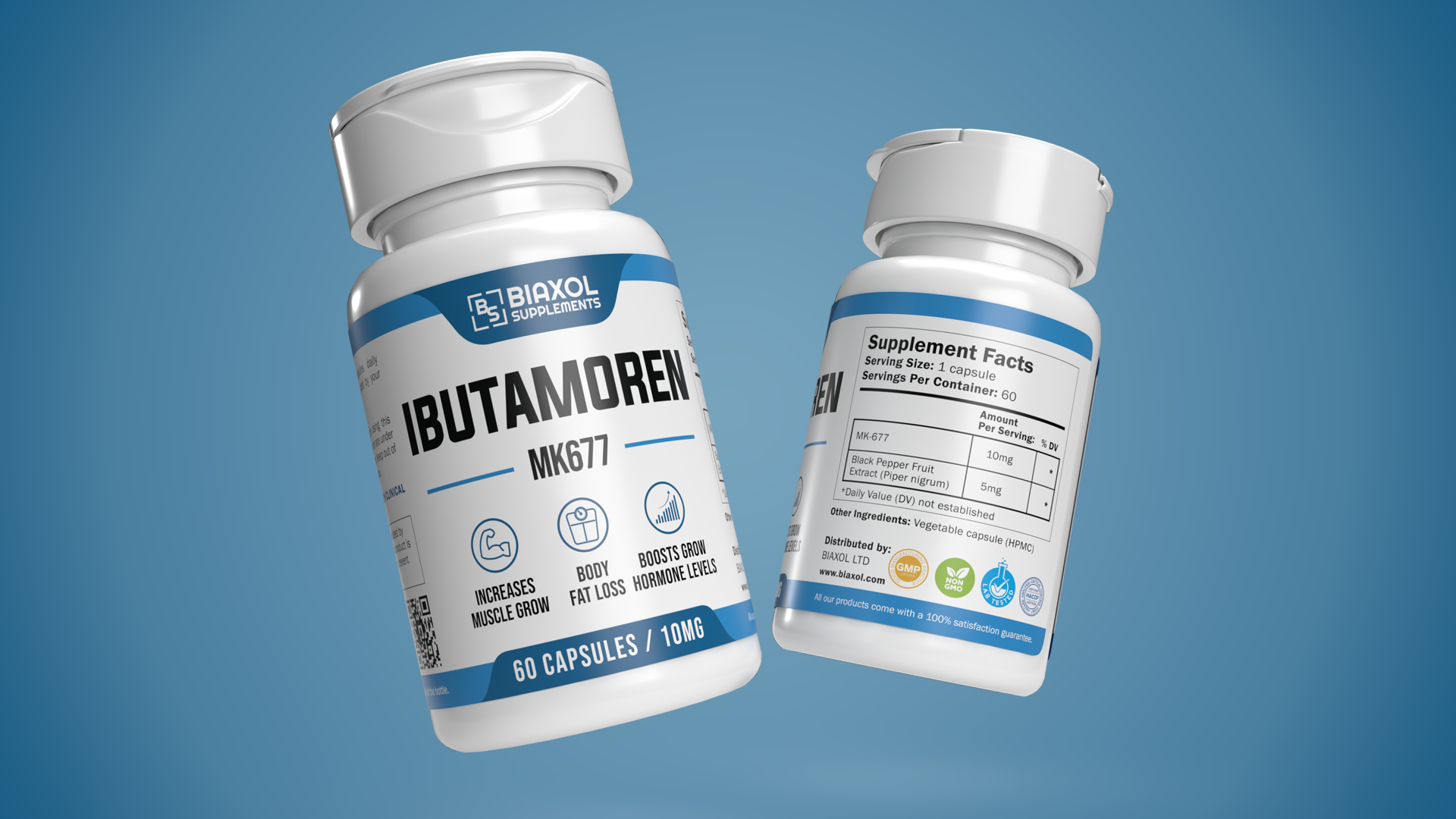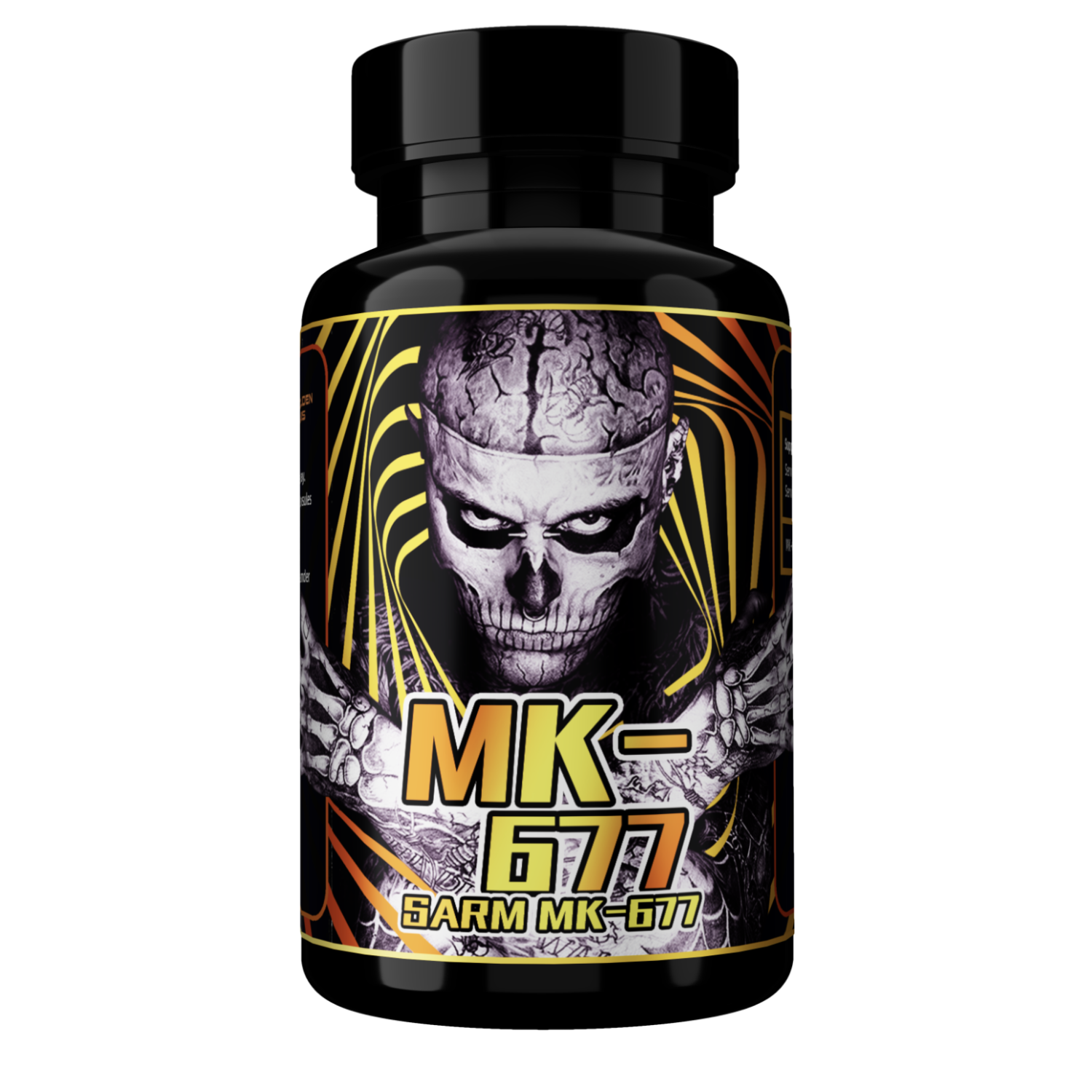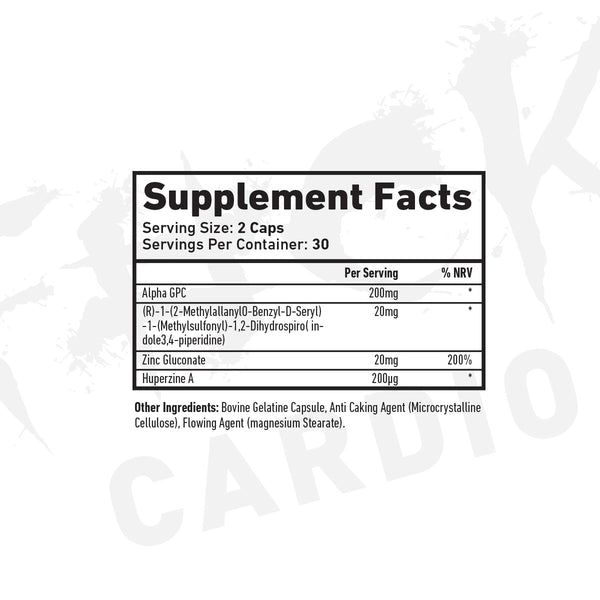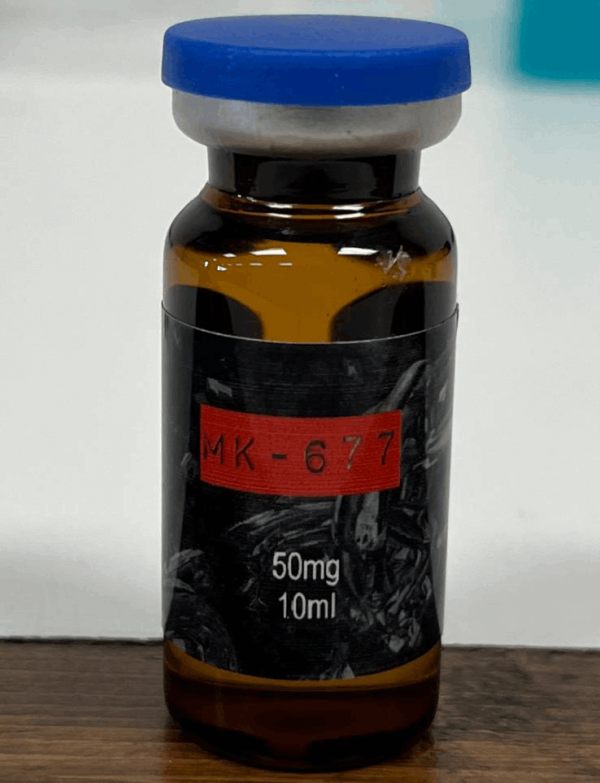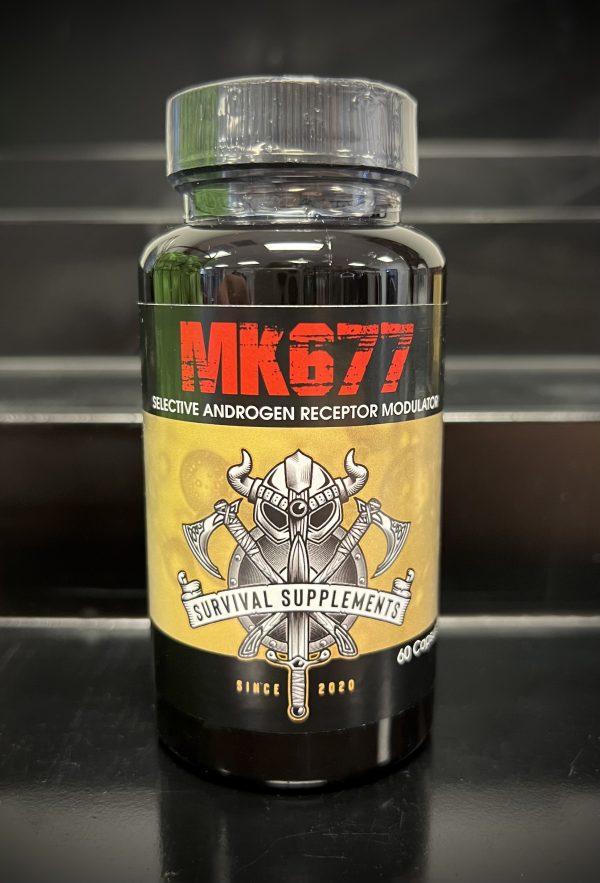Do You Need Pct For Mk 677
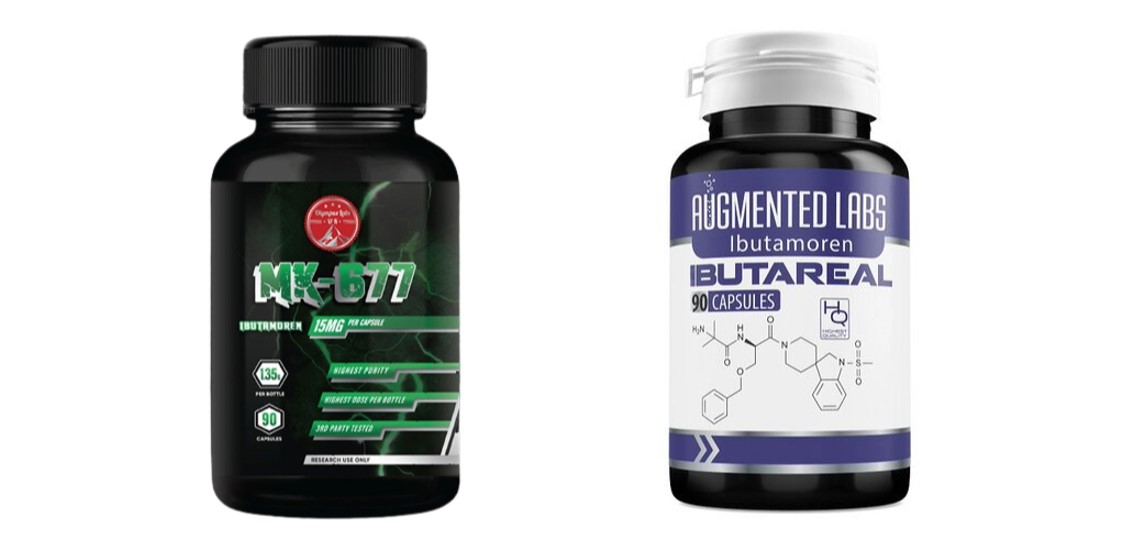
The rising popularity of MK-677, also known as Ibutamoren, has sparked a critical debate: is a Post Cycle Therapy (PCT) required after its use? This article cuts through the confusion and delivers the essential facts you need to know.
The crux of the matter: while MK-677 isn't a steroid, its impact on hormones raises questions about the need for PCT to restore natural balance after cycling.
Understanding MK-677 and Its Effects
MK-677 is a growth hormone secretagogue. It stimulates the pituitary gland to release growth hormone (GH) and insulin-like growth factor 1 (IGF-1).
Unlike steroids, MK-677 doesn't directly suppress testosterone production. However, elevated GH and IGF-1 levels can indirectly impact hormonal axes.
The Role of GH and IGF-1
GH and IGF-1 play vital roles in muscle growth, recovery, and metabolism. However, sustained elevated levels can lead to potential side effects.
These side effects may include water retention, increased appetite, and, importantly, potential insulin resistance.
The PCT Debate: Why It's Complicated
The argument for PCT after MK-677 stems from the potential for hormonal disruption. Prolonged use might desensitize the body's natural GH production.
Some users report experiencing lethargy, decreased libido, and mood changes after discontinuing MK-677. These symptoms are similar to those experienced after a steroid cycle where natural testosterone is suppressed.
However, unlike steroid-induced testosterone suppression, MK-677 doesn't directly shut down the production of testosterone.
Evidence and Expert Opinions
There's no definitive scientific consensus on the necessity of PCT after MK-677. Clinical trials primarily focus on MK-677's efficacy and safety, not specifically on post-cycle recovery.
Anecdotal evidence from users varies widely. Some report no noticeable side effects after stopping, while others describe symptoms suggestive of hormonal imbalance.
Many experts recommend a cautious approach. They suggest monitoring hormone levels and addressing any noticeable symptoms rather than automatically implementing a full PCT.
Hormone Monitoring is Key
Before, during, and after MK-677 use, blood tests can provide valuable insights. Monitoring GH, IGF-1, testosterone, estrogen, and prolactin levels is crucial.
These tests help identify any significant deviations from baseline and guide appropriate interventions.
When PCT Might Be Considered
If blood tests reveal significant hormonal imbalances or if you experience noticeable symptoms after stopping MK-677, PCT might be warranted.
Common PCT protocols often involve Selective Estrogen Receptor Modulators (SERMs) like Clomiphene (Clomid) or Tamoxifen (Nolvadex). These medications help stimulate natural testosterone production.
However, SERMs come with their own potential side effects. It's crucial to consult with a medical professional before starting any PCT regimen.
Alternatives to Traditional PCT
For individuals experiencing mild symptoms, natural alternatives may be sufficient. These include supplements like Tribulus Terrestris, D-Aspartic Acid, and Ashwagandha, which are believed to support testosterone production.
Lifestyle adjustments, such as optimizing sleep, managing stress, and maintaining a healthy diet, can also aid in hormonal recovery.
However, the efficacy of these alternatives is not as well-established as that of SERMs.
The Risk of Insulin Resistance
A major concern with MK-677 is its potential to induce insulin resistance. Elevated GH levels can impair insulin sensitivity over time.
This risk is particularly relevant for individuals with pre-existing metabolic conditions or a family history of diabetes.
Monitoring blood glucose levels and incorporating strategies to improve insulin sensitivity, such as exercise and a low-glycemic diet, are essential during and after MK-677 use.
Legal and Ethical Considerations
The legal status of MK-677 varies across countries. It's essential to be aware of the regulations in your jurisdiction.
Furthermore, using research chemicals like MK-677 carries inherent risks due to the lack of stringent quality control and regulation.
Sourcing MK-677 from reputable suppliers and understanding the potential risks are crucial for responsible use.
Conclusion: A Personalized Approach
The decision of whether or not to use PCT after MK-677 should be based on individual circumstances. Factors to consider include dosage, duration of use, individual response, and blood test results.
A proactive approach involving hormone monitoring and consultation with a healthcare professional is paramount. This approach helps to avoid making assumptions.
Ongoing research is needed to better understand the long-term effects of MK-677 and to develop evidence-based guidelines for post-cycle recovery.
